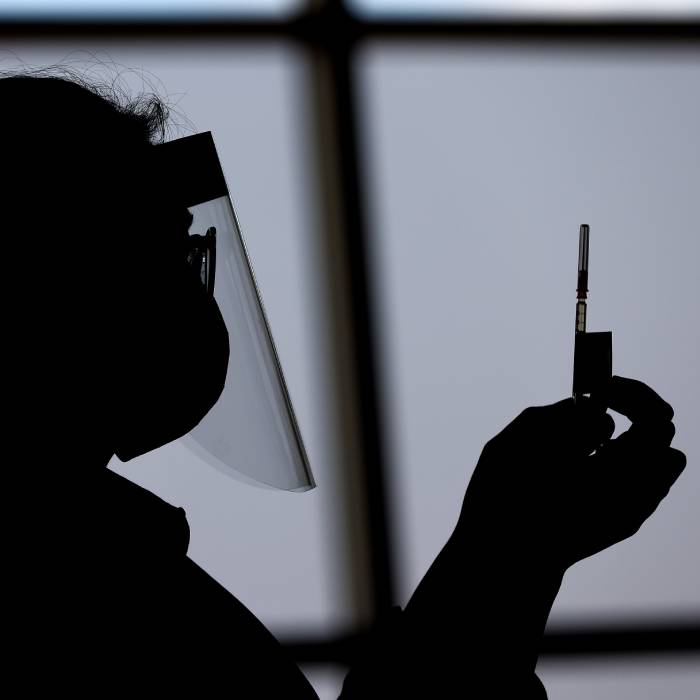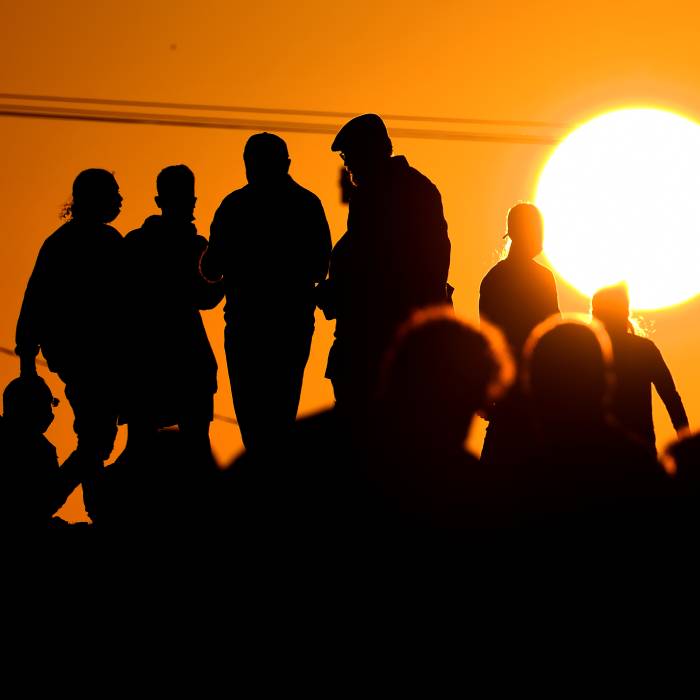A social media post claims coffee is proven to cause certain types of cancer but there is no conclusive evidence and some studies even demonstrate it may offer protection.
The claim is contained as the ninth item on a long list of purported coffee ills in a Facebook post.
But in 2016 the International Agency for Research (IARC) on Cancer – the cancer agency of the World Health Organisation – published the findings of an international working group of 23 scientists and found “no conclusive evidence for a carcinogenic effect” in coffee.The findings were published in The Lancet Oncology.
Drinking coffee was previously classified by the IARC in 1991 as “possibly carcinogenic” to humans.
In a press statement following the 2016 findings, the IARC said: “After thoroughly reviewing more than 1000 studies in humans and animals, the Working Group found that there was inadequate evidence for the carcinogenicity of coffee drinking overall.
“Many epidemiological studies showed that coffee drinking had no carcinogenic effects for cancers of the pancreas, female breast, and prostate, and reduced risks were seen for cancers of the liver and uterine endometrium.
“For more than 20 other cancers, the evidence was inconclusive.”
Professor Ian Olver of the University of Adelaide’s Faculty of Health and Medical Sciences was quoted at the time as saying the large number of studies examined by the working group provided confidence in the result.
Prof Olver told AAP FactCheck that in the six years since the IARC’s findings his view was unchanged and more recent studies suggested drinking coffee might actually lower the risk of some cancers, such as this 2020 systematic review and meta-analysis of coffee consumption and risk of prostate cancer.
“(The study) showed the risk of prostate cancer may be lowered by coffee drinking,” he said in an email.
Other papers suggested a decrease in melanoma (skin cancer), head and neck, breast, liver and colorectal cancer.
“The mechanism is unclear but coffee contains many different chemicals which may be protective,” Prof Olver said.
Associate Professor Christina Pollard of Curtin University’s School of Population Health was quoted at the time of the IARC’s 2016 findings saying the downgrading of coffee’s carcinogenic risk to “no conclusive evidence” was based on evidence that had grown substantially over 25 years.
Dr Pollard told AAP FactCheck the terms used when assessing the strength of evidence for cancer risk ranged from “carcinogenic to humans” to “probably” or “possibly carcinogenic”. Coffee fell in the category of “not enough evidence”.
“Each category has a specific meaning and the convincing or probable evidence is important because it means that there is enough evidence to support recommendations,” she said in an email.
The American Institute for Cancer Research (AIRC) came to the same conclusion in its response to a 2018 lawsuit in California seeking cancer warning labels to be placed on coffee packaging because of the chemical acrylamide, found in roasted coffee beans, which had been linked to cancer in rats.
“There are several hypotheses on how coffee may decrease cancer risk,” the AIRC says. “Coffee is a major source of antioxidants. Limited small intervention studies suggest that coffee may improve markers of antioxidant status and reduce markers of inflammation in the short-term.”
While the judge in the California lawsuit ruled “coffee companies failed to meet the burden of proof that coffee caused no harm”, the Food and Drug Administration stepped in to prevent the labels being placed on coffee on the grounds that acrylamide posed no significant health risk. The AICR added that no links had been established between acrylamide in food and cancer risk for humans.
Frank Hu, professor of nutrition and epidemiology at Harvard’s T.H. Chan School of Public Health, told Discover magazine in 2021 recent research suggested coffee was good for people.
“The overall evidence has been pretty convincing that coffee has been more healthful than harmful in terms of health outcomes,” he said.
“For most people, moderate coffee consumption can be incorporated into a healthy diet.”
A study published in BMC Public Health in June 2021 found coffee drinkers were 21 per cent less likely to develop chronic liver disease and 49 per cent less likely to die of chronic liver disease than non-coffee drinkers.
The Australian government’s Health Direct website suggests drinking coffee can lower the risk of bowel cancer, while the American Cancer Society says hundreds of biologically active compounds including caffeine, flavonoids, lignans, and other polyphenols are found in roasted coffee and they “have been shown to increase energy expenditure, inhibit cellular damage, regulate genes involved in DNA repair, have anti-inflammatory properties and/or inhibit metastasis, among other activities”.
The Verdict
There is no conclusive evidence that drinking coffee causes cancer. A comprehensive review of all available research on the links between coffee and cancer led the International Agency for Research (IARC) on Cancer to downgrade its previous classification of possibly causing cancer to no conclusive evidence. This 2016 finding has been supported by studies in subsequent years, experts confirmed to AAP FactCheck.
False ÔÇô The claim is inaccurate.
AAP FactCheck is an accredited member of the International Fact-Checking Network. To keep up with our latest fact checks, follow us on Facebook, Twitter and Instagram.
All information, text and images included on the AAP Websites is for personal use only and may not be re-written, copied, re-sold or re-distributed, framed, linked, shared onto social media or otherwise used whether for compensation of any kind or not, unless you have the prior written permission of AAP. For more information, please refer to our standard terms and conditions.


















